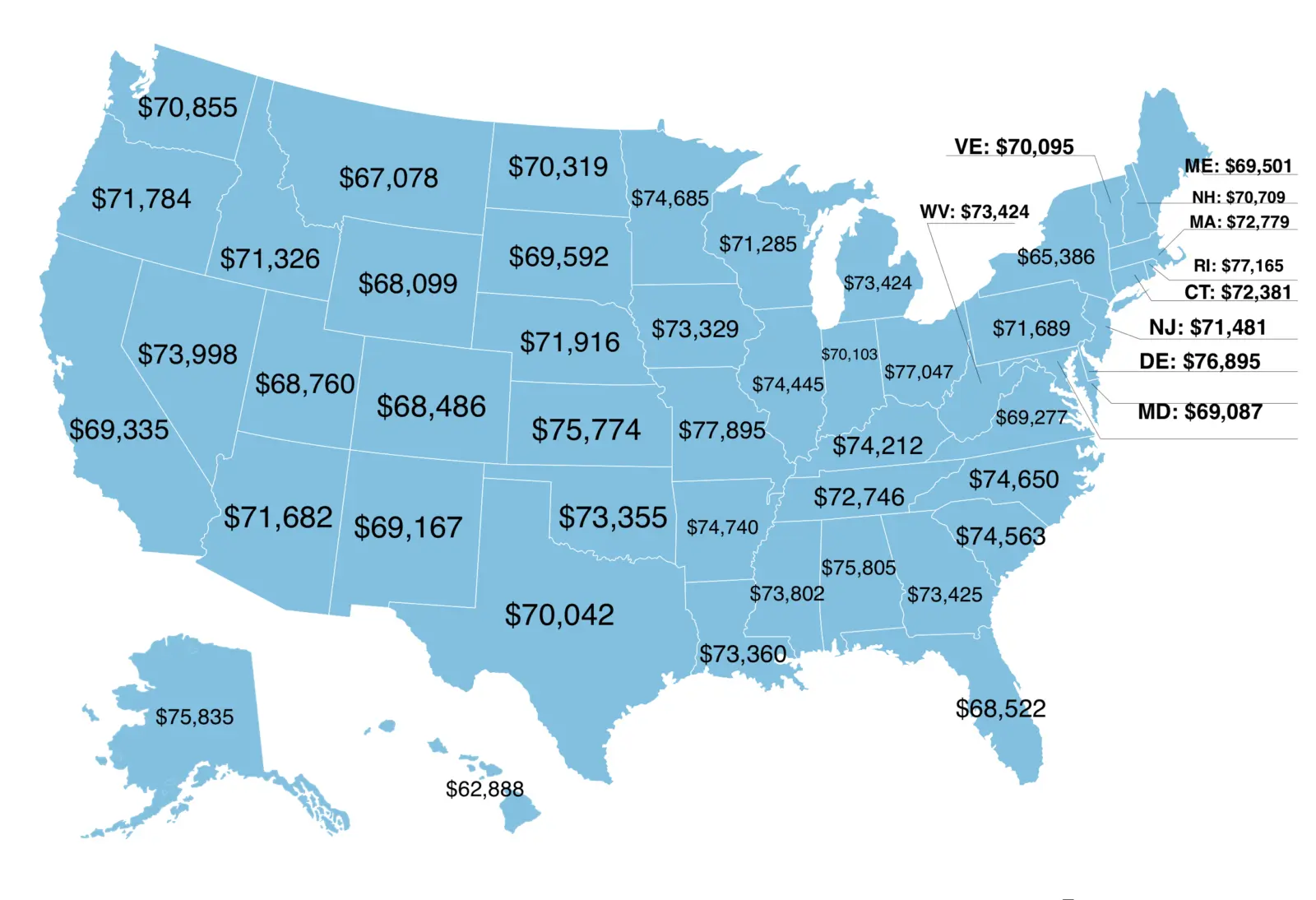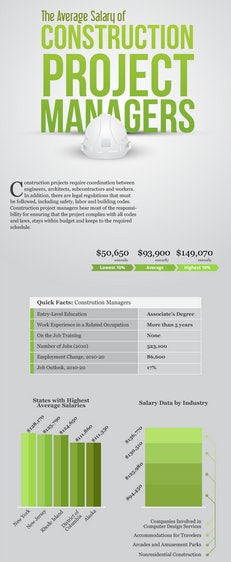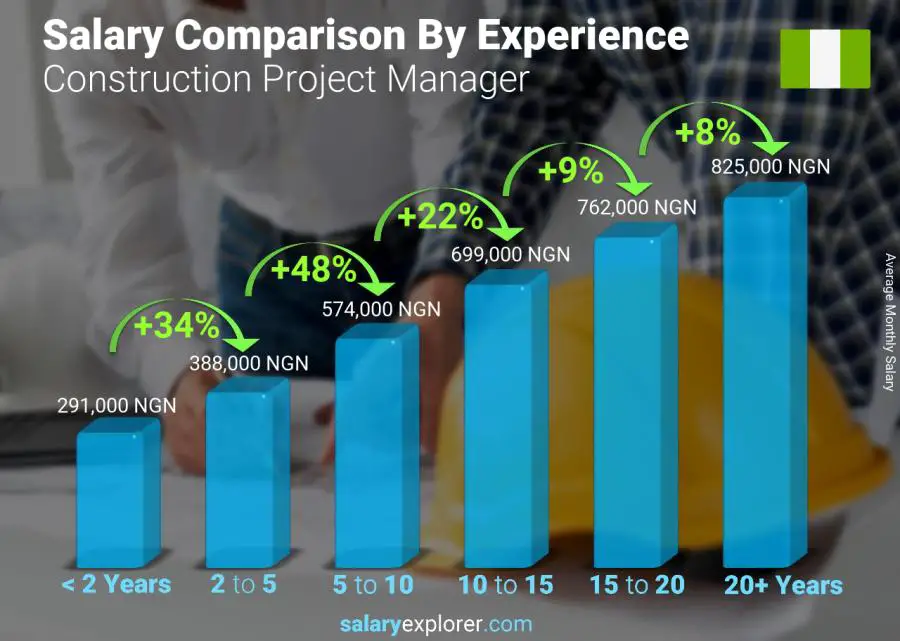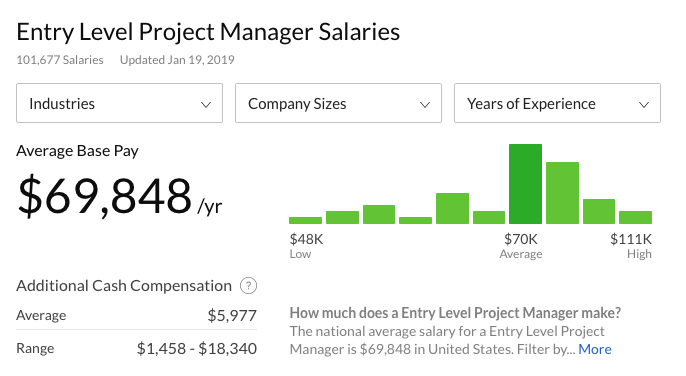Project Management Construction Salary
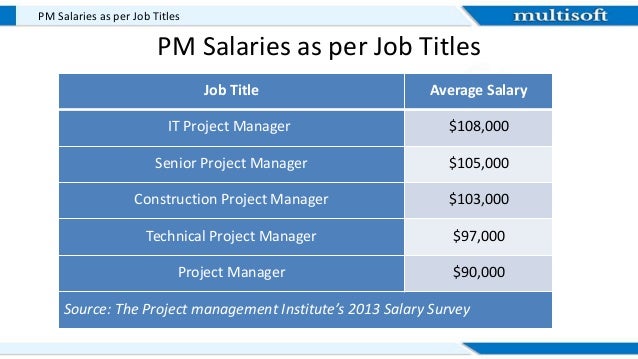
Construction project management salaries are a key indicator of the industry's health and a crucial factor for professionals considering or advancing within this field. Recent data suggests a complex landscape, influenced by factors ranging from geographical location and experience level to project type and economic conditions.
This article will delve into the current state of construction project management salaries, examining recent trends and the factors that drive compensation. We'll analyze data from reputable sources to provide a comprehensive overview for individuals seeking to understand their earning potential and for employers looking to attract and retain top talent.
Current Salary Landscape
According to the U.S. Bureau of Labor Statistics (BLS), the median annual wage for construction managers was $101,720 in May 2023. However, this figure represents a national average, and actual salaries can vary significantly based on a number of variables.
Data from industry-specific sources like Salary.com and Payscale corroborate the BLS findings, but also offer more granular insights. These platforms highlight the range of salaries, often illustrating the 25th, 50th, and 75th percentile earnings.
Factors Influencing Salary
Several key factors influence a construction project manager's salary.
Location is a primary driver. Metropolitan areas and regions with high construction activity, such as California, New York, and Texas, generally offer higher salaries to compensate for the higher cost of living and increased demand for skilled professionals. Rural areas or regions with less construction activity may see lower average salaries.
Experience plays a significant role. Entry-level project managers typically earn less than their seasoned counterparts. As project managers gain experience and demonstrate a track record of successfully delivering projects on time and within budget, their earning potential increases substantially.
Project Type and Project Size are other crucial factors. Large-scale, complex projects, such as high-rise buildings or infrastructure developments, often require project managers with specialized skills and experience. These roles typically command higher salaries.
Specialized certifications, such as the Project Management Professional (PMP) certification, also can positively influence salary. These credentials demonstrate a commitment to professional development and adherence to industry best practices.
Impact of Economic Conditions
The broader economic climate significantly impacts the construction industry and, consequently, project management salaries.
During periods of economic expansion, construction activity typically increases, leading to higher demand for project managers and upward pressure on salaries.
Conversely, economic downturns can result in project delays or cancellations, leading to decreased demand and potentially affecting salary levels.
"The construction industry is cyclical, and salaries reflect these fluctuations," explains Dr. Emily Carter, an economist specializing in the construction sector. "Understanding the current economic environment is crucial for both employers and employees."
Future Outlook
The BLS projects a growth rate of 8 percent for construction managers from 2022 to 2032, which is faster than the average for all occupations. This indicates continued strong demand for skilled project managers in the coming years.
Technological advancements, such as building information modeling (BIM) and the increasing use of data analytics in project management, are also shaping the demand for specific skill sets. Project managers with expertise in these areas may find themselves in high demand and able to command higher salaries.
The ongoing infrastructure investments across the nation are expected to drive further growth in the construction sector, supporting a positive outlook for project management salaries.
Conclusion
Construction project management salaries are influenced by a complex interplay of factors, including location, experience, project type, economic conditions, and technological advancements. Staying informed about these trends and investing in professional development are crucial for individuals seeking to maximize their earning potential in this dynamic field.
For employers, understanding the current salary landscape is essential for attracting and retaining top talent and remaining competitive in the construction industry. Offering competitive compensation packages that reflect the value and expertise of project managers will be key to ensuring project success and driving organizational growth.

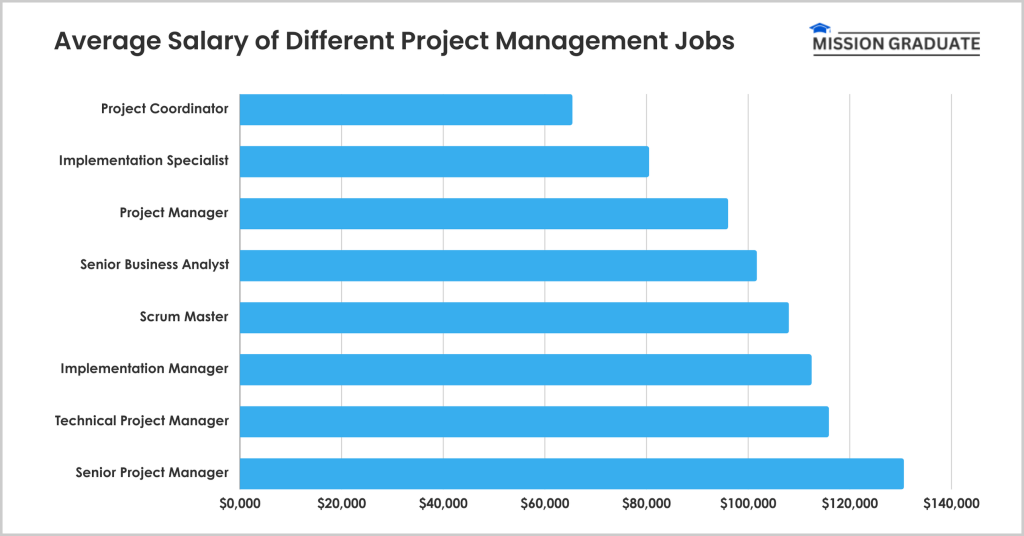
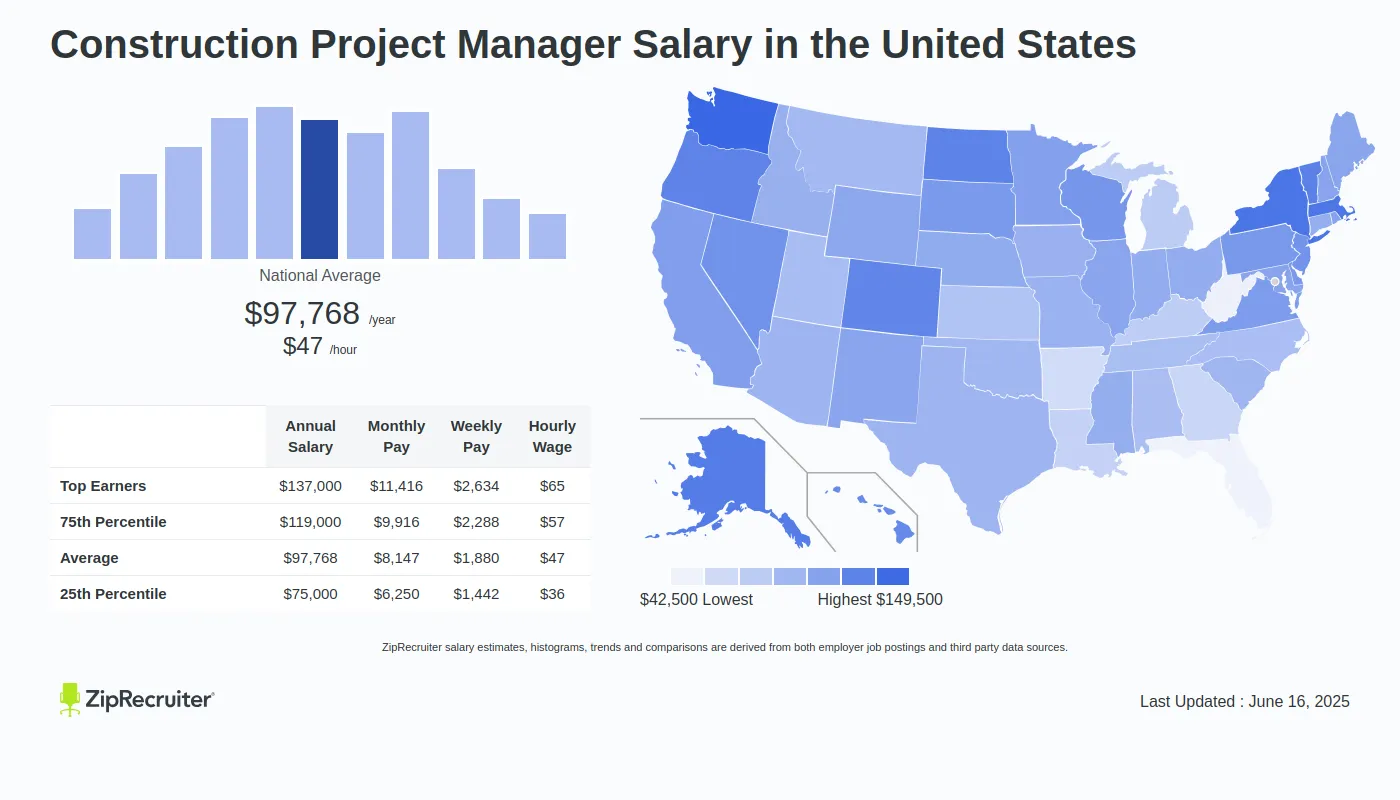

![Project Management Construction Salary Average Project Manager Salaries By Country & Title [2020]](https://thedigitalprojectmanager.com/wp-content/uploads/2019/03/average-project-manager-salary.png)
